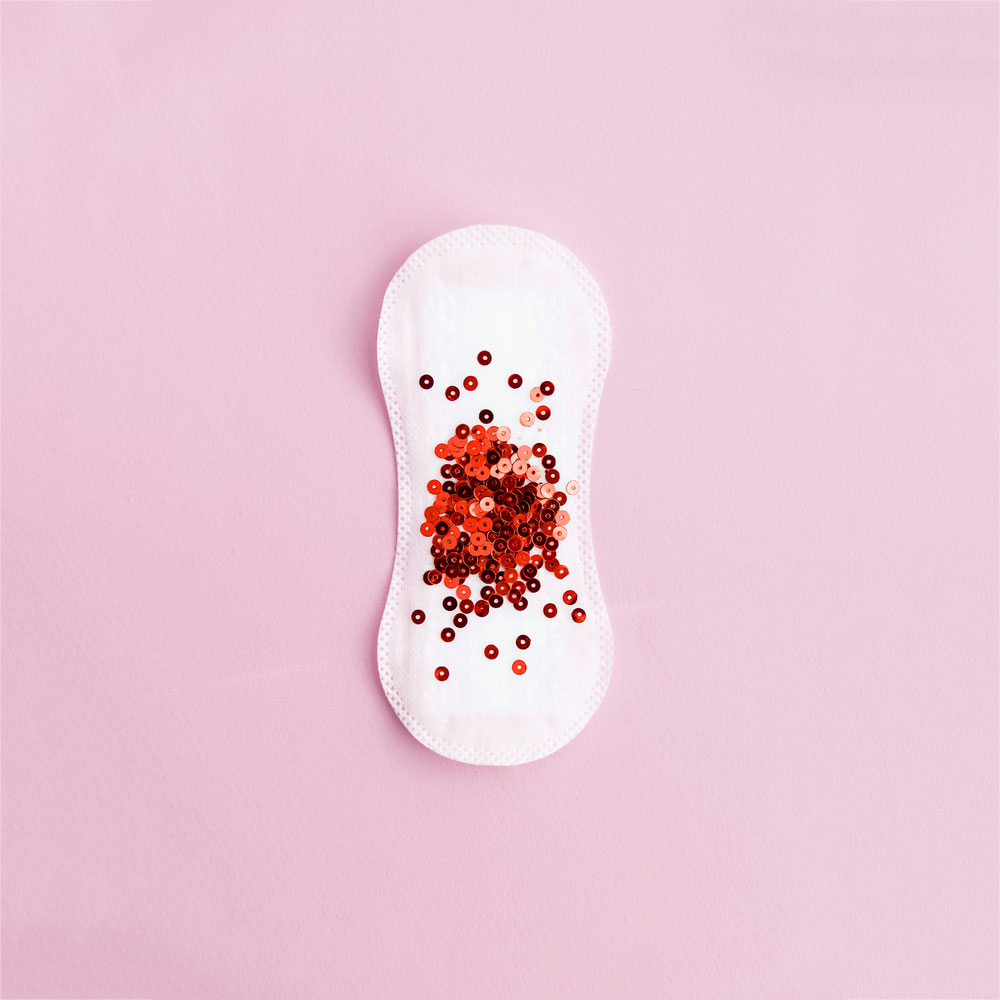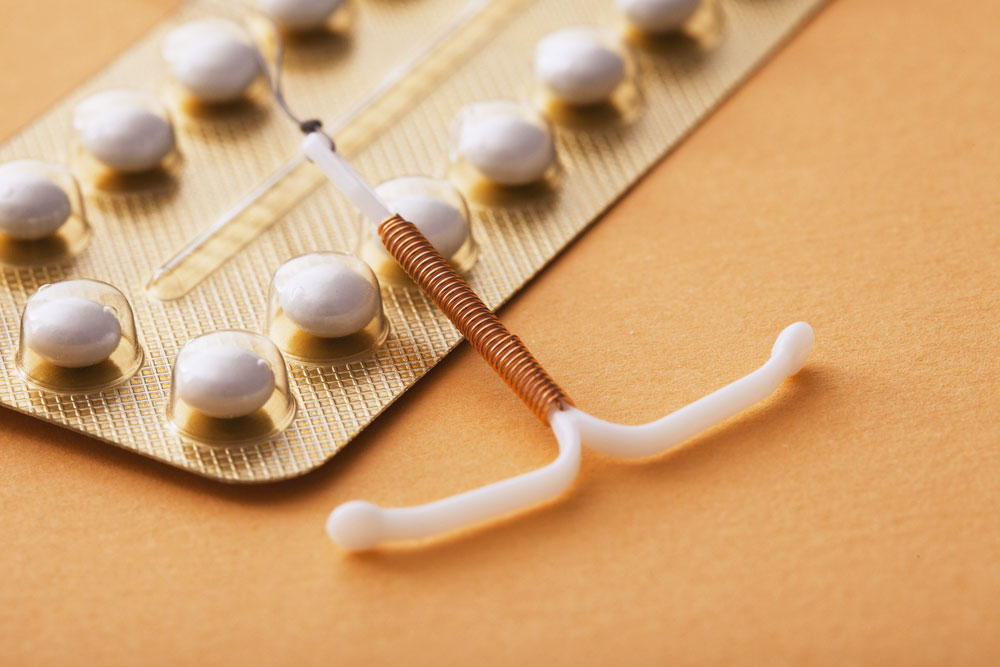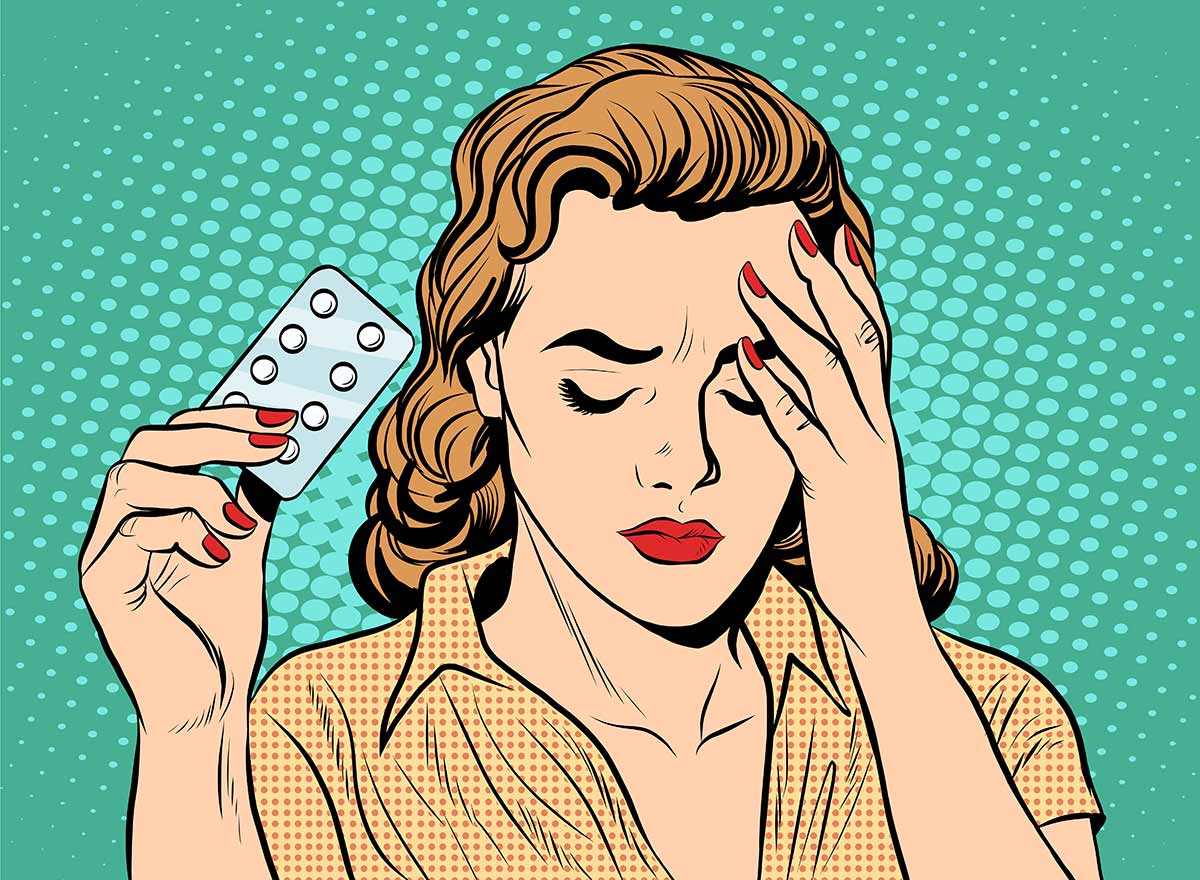Six years of the female lifespan is spent with ‘Aunt Flo’ in ‘that time of the month’. Despite the cheeky monikers we’ve given menstruation, its impact on women can be debilitating.

Inexplicable physical weakness. Nausea-inducing headaches. Menstruation isn’t just inconvenient; it can feel like your uterus waging a war against the rest of your body.
Imagine spending six years of your life in this agony. Yes – that’s the amount of time the average woman spends on her period. While most women breeze by with tampons, exercise, and a healthy diet, many others suffer debilitating period cramps that forces them to put their lives on hold.
At the same time, living without this monthly bleeding can be unsettling because it is so inextricably linked with fertility – and indeed, natural impregnation can’t occur without menstruation. However, this doesn’t have to doom women to a lifetime of costly hygiene products and monthly bouts of suffering. Hormonal balance can be mimicked so the uterine lining doesn’t build up every month only to be shed away.
Of pain and purpose

Menstrual pain (medically known as dysmenorrhea) consists of two types: primary and secondary. In primary dysmenorrhea, a woman experiences pain from the time she gets her first period due to strong, abnormal uterine contractions. In secondary cases, pain is initially absent but worsens over cycles until it becomes intolerable, which can be indicative of an underlying condition such as endometriosis (abnormal growth of womb tissue).
Diagnosing this pain is tricky because there is no scale to go by – no test to prove your illness.
“We usually ask the individual to rate their pain from 1 to 10,” says obstetrician/gynecologist Dr Helena Lim, “but pain is very subjective. If you feel consistent pain every month, within three to four cycles you should be seeing your doctor.”
Research has shown that in primary dysmenorrhea, contractions can match or surpass the pressure felt in childbirth. So while parties claiming ‘period pains can be more painful than heart attacks’ aren’t too far from the truth, we gain better perspective comparing it to labour pain. In fact, heart attack pain famously produces mild, vague symptoms that make it easy to miss altogether – but when menstrual cramps hit, you will know.
Dr Helena points out that our perception of pain is also dictated by genetic and cultural factors. Many young Asian girls, like herself, were taught to grab a hot water bottle and painkillers, and suck it up. This attitude built a culture of silent suffering, teaching women that dysmenorrhea was just another unlucky card they were dealt.
But then came birth control pills and hormonal devices, along with the discovery that certain contraceptive methods provided the hormonal foundation for lengthening cycles and lessening pain.
Evolutionary hacks

Birth control pills are the most common method of contraception, but women looking for a longer-term solution can get hormonal implants in their arm or uterus that last three to five years.
Dr Helena says women should consider convenience, cost, and personal risk profile before settling on a method. “These stop you from ovulating, but it doesn’t stop your eggs from dying off prematurely,” she explains.
So is bleeding every month necessary, if you’re not looking to get pregnant? The short answer is no.
Menstruation is a physiological reaction following the release of an egg that remains unfertilised, as you might remember from biology lessons. The uterine lining sheds because it set up the perfect condition for an embryo, but you didn’t get pregnant.
However, the right answer to this question depends on individual pain tolerance, personal or family history of diseases, lifestyle, and fertility plans. As a proponent of using medicine to restore nature, Dr Helena believes we should let periods run its course – unless it is interfering with our lives.
“Using contraceptive methods to stop pregnancy is completely fine. If you were to take oral contraceptives continuously for three months in a row, without stopping the pill, you may not have your period at all,” Dr Helena explains, adding that this method is used in patients with severe endometriosis.
Neither the pill nor IUD leave long-term effects on a woman’s fertility. Although it’s not a start-stop mechanism, you can design your periods to better go through life. In a time when choice is a top priority in empowering women, painful periods could well become a thing of the past.
For more on Dr Helena Lim, visit the KL Fertility and Gynaecology Centre website.










